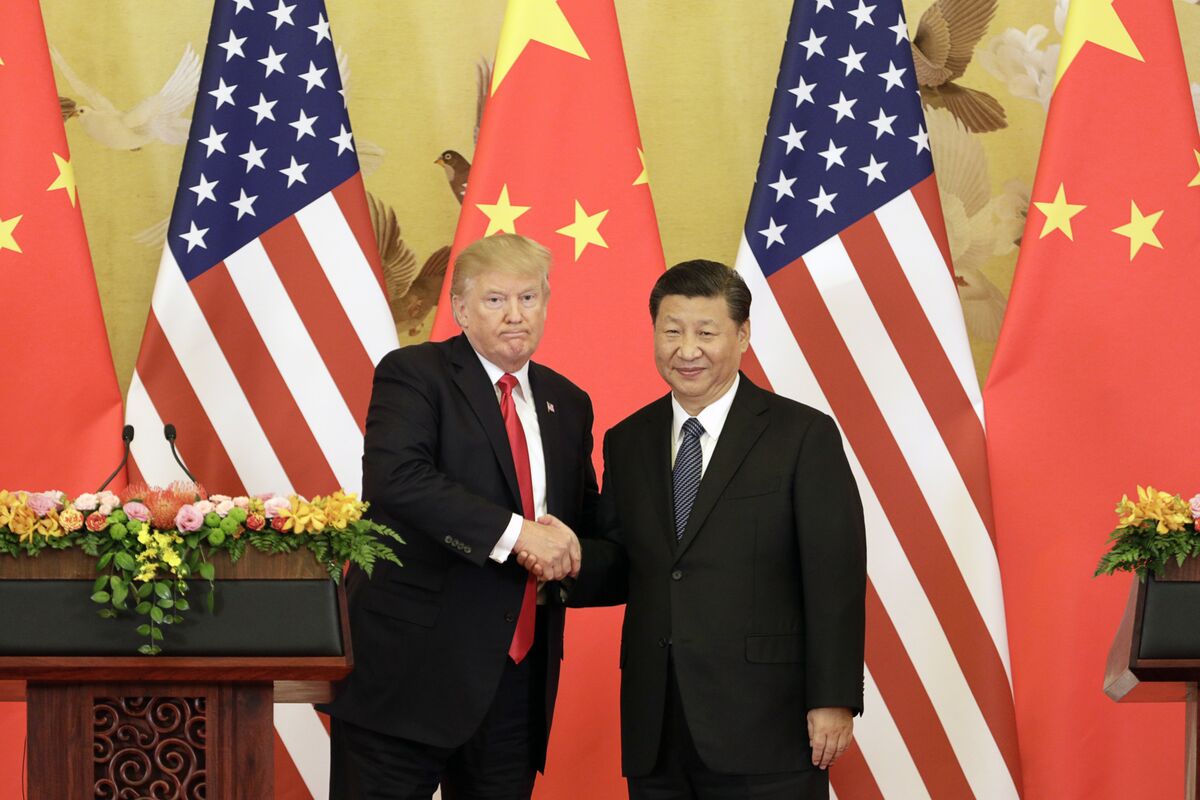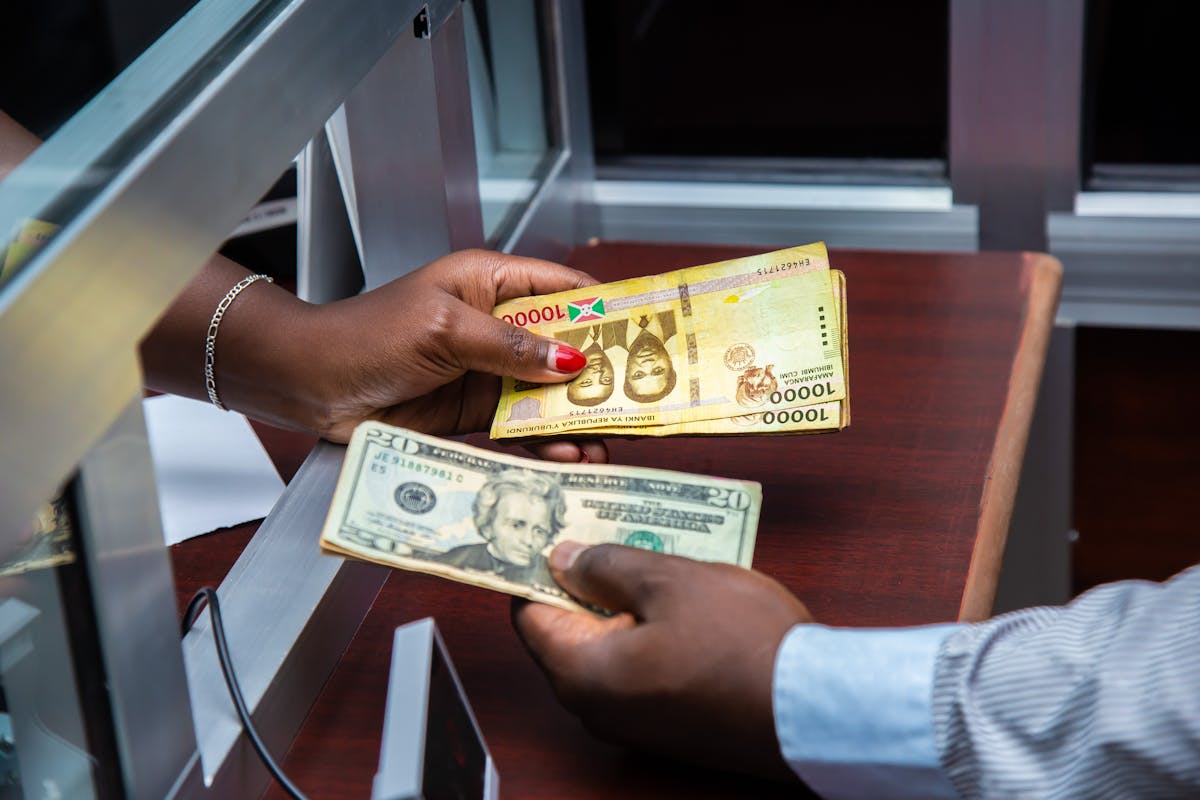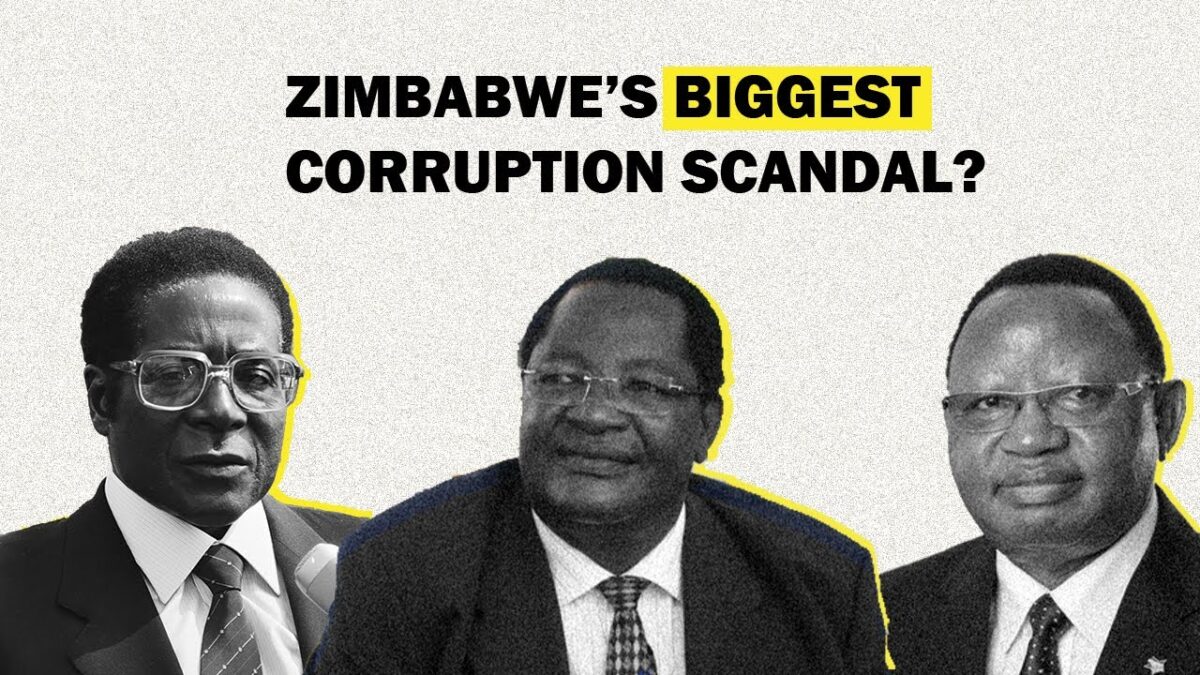Taxing Africa’s Shadow Economy
Formalizing the informal sector through effective and fair taxation policies could yield significant benefits. Experts suggest that taxing the informal sector could increase government revenue by 15% to 25% in many African countries. This additional income could fund critical infrastructure projects, expand healthcare and education systems, and reduce reliance on foreign aid and debt.
















